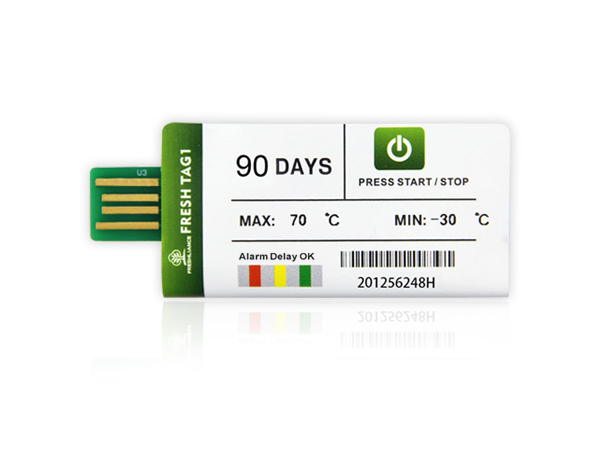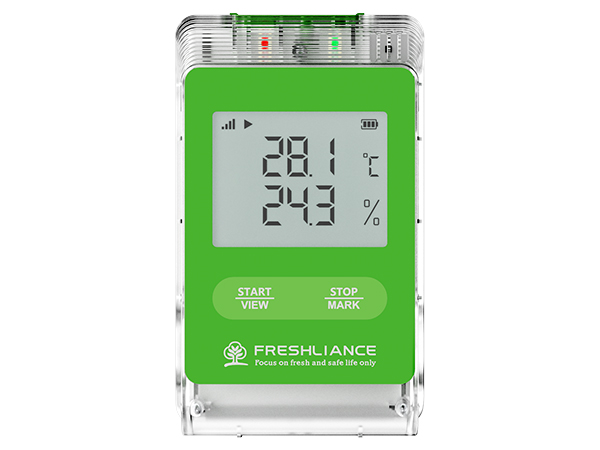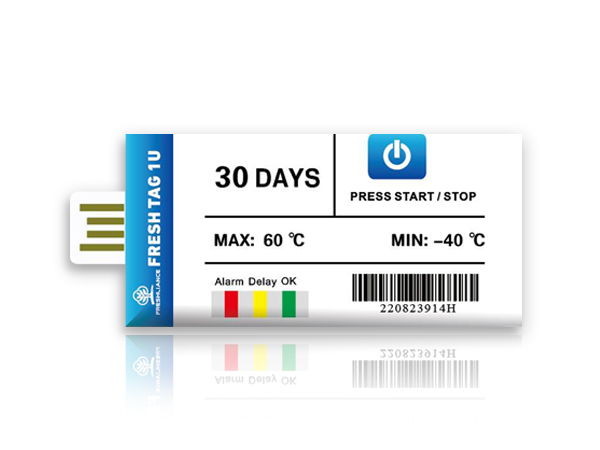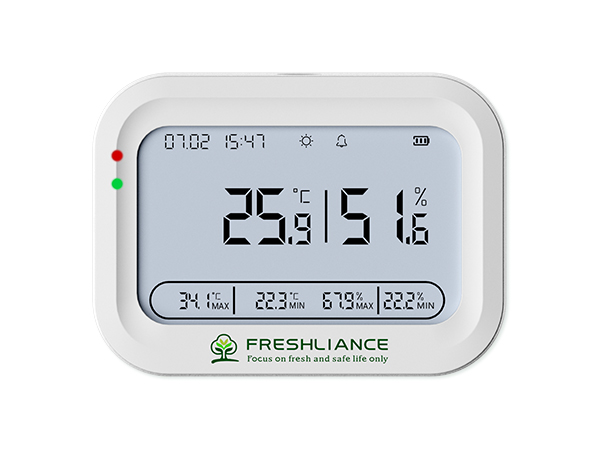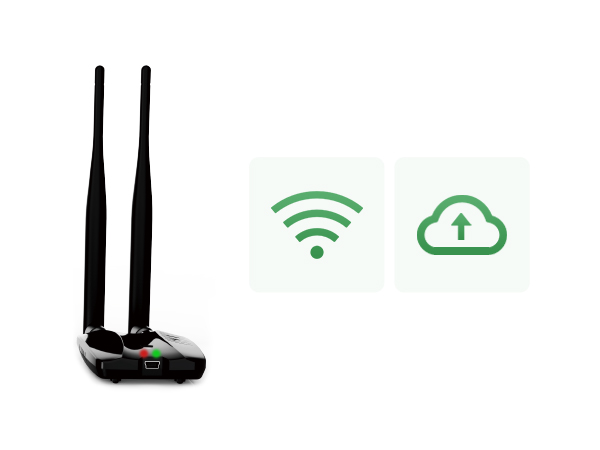In trucking, a “reefer” is a refrigerated trailer that gets attached to a semi-truck in order to transport perishables and other temperature-sensitive goods. Reefer trucking, also known as refrigerated trucking, is the transportation of temperature-sensitive cargo like perishable foods or pharmaceuticals. It was originally the ice cream industry that gave birth to the reefer around 1925. Reefers may also be used for heated goods.The point of a reefer unit is to maintain a steady temperature for goods being transported. For example, if ice cream needs to be stored at -20°C, the reefer unit’s components will ensure that the ice cream arrives at its destination at the same temperature as it was loaded on. This is all a part of cold chain logistics, which is the technology and process allowing for the safe transport of temperature-sensitive products along the supply chain.

A refrigerated truck can maintain temperatures between 12°C and -30°C. Most trucks and vans can maintain a wide range of temperatures. Note that refrigerated trucks do not have to maintain the same temperature in all areas. Some have multiple compartments that sit at different temperatures. This lets one compartment transport liquid milk while another moves frozen dairy treats, making it cheaper for the company selling milk products to ship them.

Temperature monitoring is essential during transportation of refrigerated trucks. Fresh Tracker 1 temperature monitoring device with 2G/4G tracker provides global cargo location tracking via real-time temperature monitoring; it provides real-time temperature and location tracking via Web or App online monitoring; includes temperature monitoring, location tracking, data uploading, and command release, automatically reports location and collects cargo transportation tracks.

 English
English Español
Español Русский
Русский Français
Français Deutsch
Deutsch عربي
عربي 中文
中文